Hit enter to search or ESC to close
Product descriptions
What is Q245R Steel?
Q245R steel is a Chinese material specification for low-alloy pressure vessel steel, widely used in constructing pressure vessels and boilers. This type of steel has excellent mechanical properties and is specifically designed to withstand high temperatures and pressures.
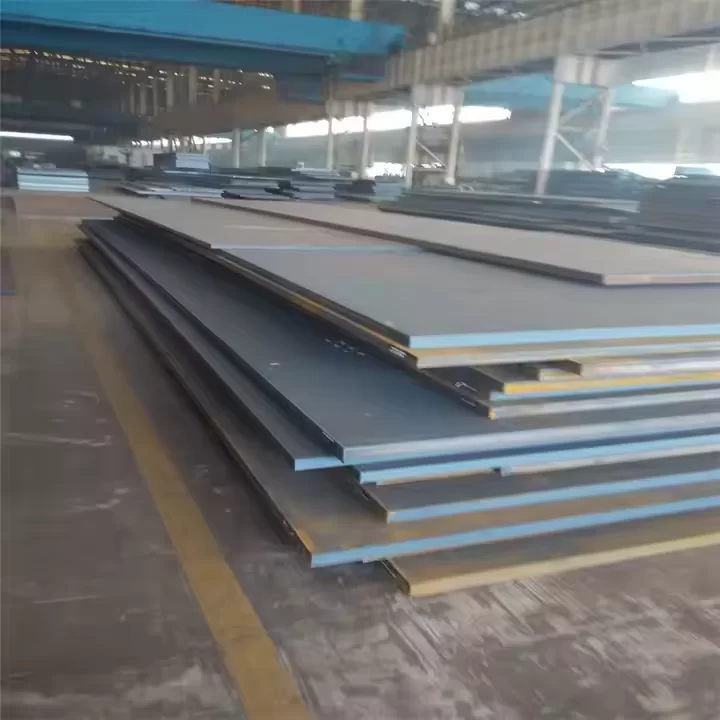
Applications of Q245R Steel
1.Pressure Vessels: Q245R steel’s high strength, durability, and resistance to high temperatures and pressures make it an ideal choice for the fabrication of pressure vessels used in industries such as oil and gas, petrochemicals, and power generation.
2.Boilers: The material’s excellent thermal properties and resistance to corrosion make it suitable for use in the construction of boilers, where it can withstand the high temperatures and pressures associated with steam generation.
3.Heat Exchangers: Q245R steel’s thermal conductivity and heat capacity make it an ideal choice for the fabrication of heat exchangers, which are used to transfer heat between different fluids in various industrial processes.
4.Piping Systems: The material’s weldability and formability make it suitable for use in the construction of piping systems that are subjected to high pressures and temperatures.
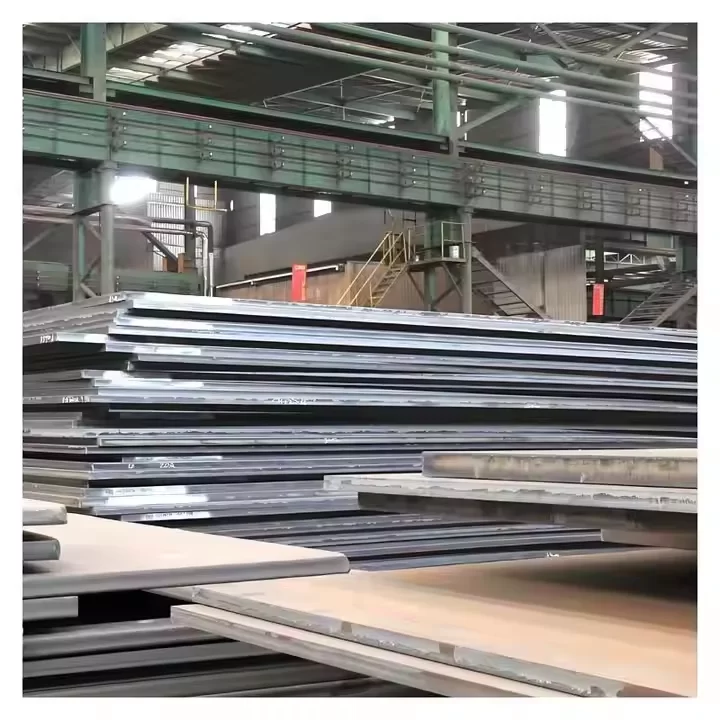
| chemical composition | |||||||||
| Grade | C | Si | Mn | Cu | Ni | Cr | Mo | P | S |
| Q245R | ≤0.20 | ≤0.35 | 0.50~1.10 | ≤0.30 | ≤0.30 | ≤0.30 | ≤0.08 | ≤ 0.025 | ≤ 0.010 |
| Q345R | ≤0.20 | ≤0.55 | 1.20~1.70 | ≤0.30 | ≤0.30 | ≤0.30 | ≤0.08 | ≤ 0.025 | ≤ 0.010 |
Company Profile
Our company was founded in 1992 with a registered capital of US$29.8 million. We currently have over 6,000 employees. We are a large-scale, comprehensive steel enterprise integrating coal washing, coking, sintering, ironmaking, steelmaking, rolling, power generation, oxygen production, and scientific research. We have an annual production capacity of 10 million tons each of iron, steel, and materials. Our leading products include high-strength structural steel, steel for boilers and pressure vessels, shipbuilding steel, bridge steel, high-rise building steel, wear-resistant steel, automotive steel, pipeline steel, cold-rolled steel, and galvanized steel.
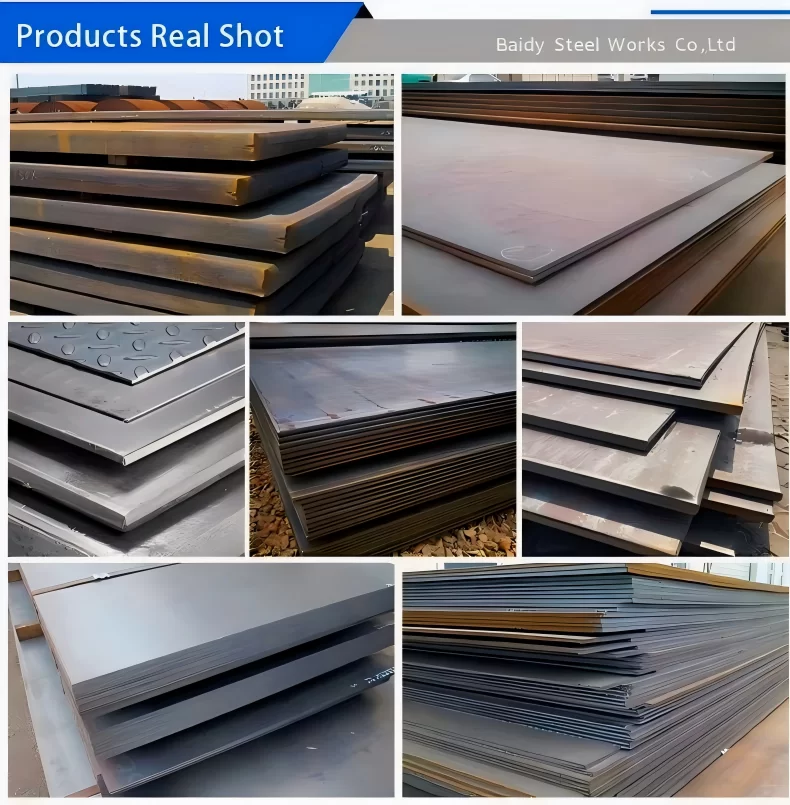
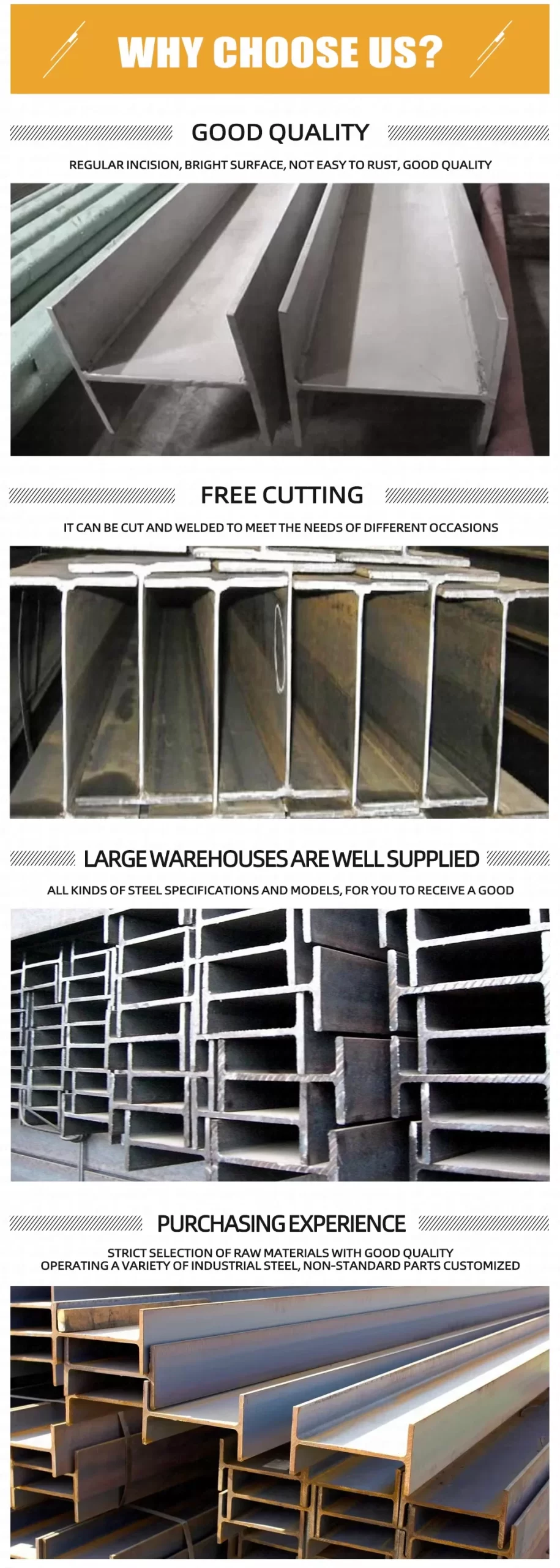
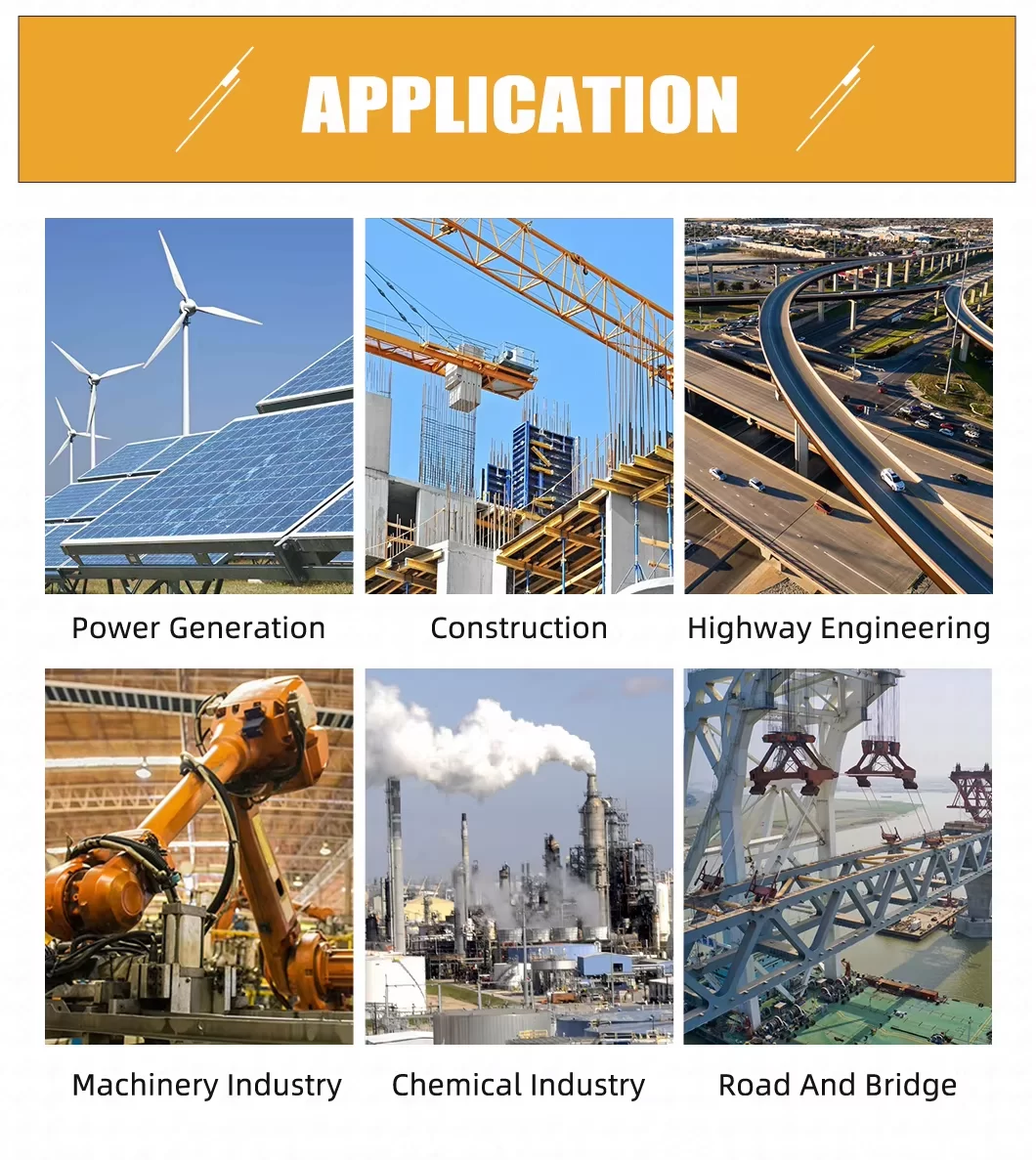
Xingtai Baidy Steel Works Co.,Ltd
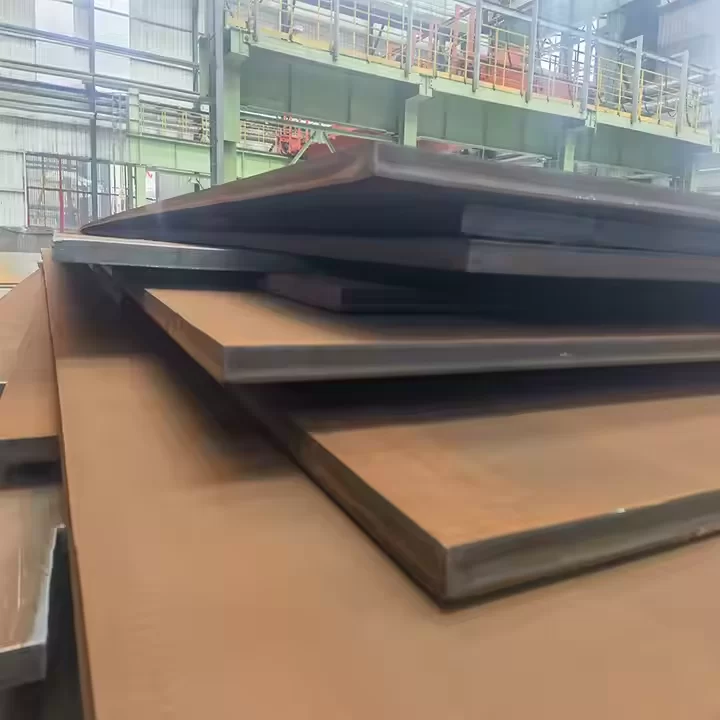
Carbon steel plates are flat, thick sheets of steel primarily composed of iron and carbon, with small amounts of other elements. The carbon content typically ranges from 0.05% to 0.30% for low carbon steel, up to 0.60% for medium carbon steel, and higher for high carbon steel, influencing strength, hardness, and ductility. These plates are widely used in construction, shipbuilding, bridges, pressure vessels, and heavy machinery due to their excellent strength, toughness, and cost-effectiveness. Carbon steel plates can be produced through hot rolling or cold rolling, with hot rolled plates offering higher strength and larger thicknesses, while cold rolled plates provide smoother surfaces and tighter dimensional tolerances. They can also be further processed by cutting, welding, or coating for specific applications. Overall, carbon steel plates are versatile, durable, and economical materials suitable for a wide range of industrial and structural uses.
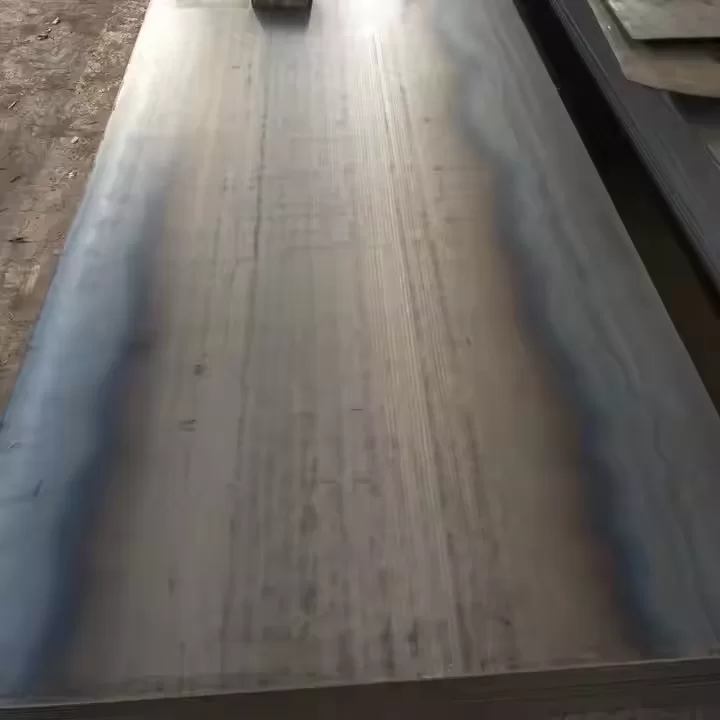
The specification of a carbon steel plate defines its chemical composition, mechanical properties, dimensions, and manufacturing standards, ensuring it meets the requirements for specific applications. Typically, carbon steel plates are classified by grade (such as ASTM A36, A516, or EN 10025) which indicates carbon content, tensile strength, yield strength, and impact resistance. Dimensions include thickness, width, and length, with thickness ranging from 6 mm up to over 150 mm depending on the mill and application. Plates can be hot rolled for structural use or cold rolled for precise tolerances and smooth surfaces. Specifications also cover surface quality, flatness, and permissible tolerances, ensuring consistent performance in construction, shipbuilding, pressure vessels, and heavy machinery. Meeting these specifications guarantees that carbon steel plates provide the required strength, ductility, weldability, and durability for industrial and structural applications.